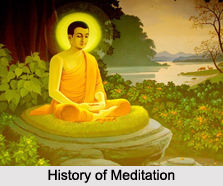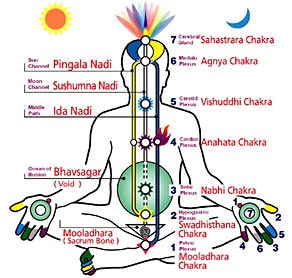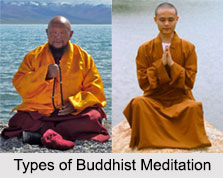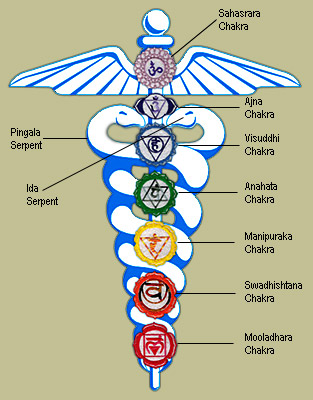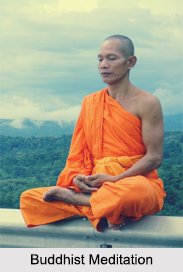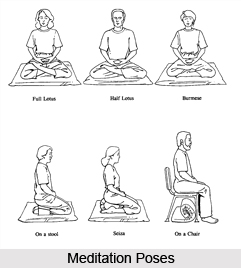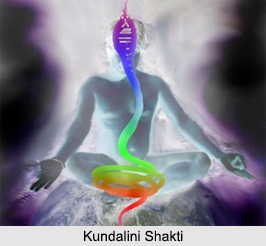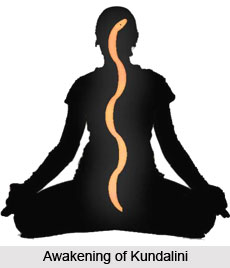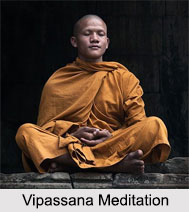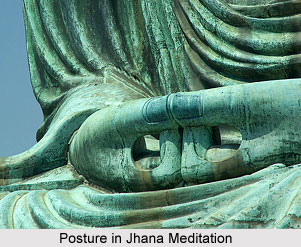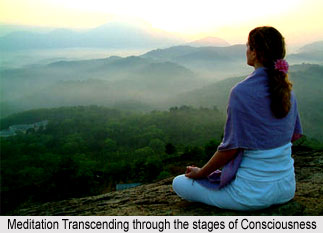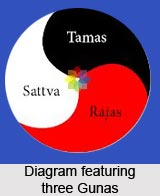 Concept of hypnosis mainly deals with psychology, and the word "Hypnosis" is derived from the Greek word `hypnos`, which means sleep. The term involves an individual ability to keep aside significant judgement without giving it up completely, and to engage in make believe and dreamy fantasy. For some people, this dreamy world may be so strong and vivid that they actually face trouble in differentiating it from real life. Indeed, in many cases they are unable to differentiate dreams from reality. Here, it must also be mentioned that knowledge of hypnosis has little to do with skills of hypnotist, and is generally a matter of aptitude and capacity of the person hypnotized. The art of hypnosis is easy to learn for person who at least has moderate interpersonal skills, and who is able to set up a relationship of loyalty and trust.
Concept of hypnosis mainly deals with psychology, and the word "Hypnosis" is derived from the Greek word `hypnos`, which means sleep. The term involves an individual ability to keep aside significant judgement without giving it up completely, and to engage in make believe and dreamy fantasy. For some people, this dreamy world may be so strong and vivid that they actually face trouble in differentiating it from real life. Indeed, in many cases they are unable to differentiate dreams from reality. Here, it must also be mentioned that knowledge of hypnosis has little to do with skills of hypnotist, and is generally a matter of aptitude and capacity of the person hypnotized. The art of hypnosis is easy to learn for person who at least has moderate interpersonal skills, and who is able to set up a relationship of loyalty and trust.
Hypnosis
Hypnosis is a trans-like state that resembles sleeping condition but is generally induced by a person whose suggestions are readily accepted by the subject. Hypnosis is a scientifically verified and effective technique that promotes and accelerates the change in human behaviour and encourages mental and physical well being.
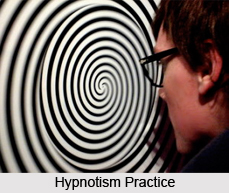 Hypnosis can be summarized as the psychological process in which the creative process of the mind is stimulated and the concentrated thinking, feeling and perception are established. Hypnosis in itself was never considered a science; it is a phenomena. But it can be used extensively for scientific researches.
Hypnosis can be summarized as the psychological process in which the creative process of the mind is stimulated and the concentrated thinking, feeling and perception are established. Hypnosis in itself was never considered a science; it is a phenomena. But it can be used extensively for scientific researches.
Some people experience an increase in suggestibility and expect immanent feelings of the altered state of consciousness. Thus, hypnotic induction can be termed as changed phase of awareness. Some hypnotic indicators and subjective changes can be achieved without a formal induction and these methods include specialized suggestion. Waking hypnosis is a fact that increases the discussion and understandings around hypnosis and the hypnotic state.
Theories of Hypnosis
There are many theories regarding hypnosis. Some theories of hypnosis describe the phenomena in terms of brain activity while others emphasizes on the phenomenal experience. In each case, there is a fundamental distinction between the `state` and `non-state` theories of hypnosis. The believer of the state theory say that there is an altered part of consciousness that is the core part of hypnosis while the non-state theory believes that more mundane psychological processes such as focused attention and expectation are enough to explain the hypnotism in a person. It is a matter of debate to find out what actually constitutes an altered phase of consciousness. Although many people, who have been hypnotized, describe their condition as an altered state, still the exact definition is difficult to find out.

